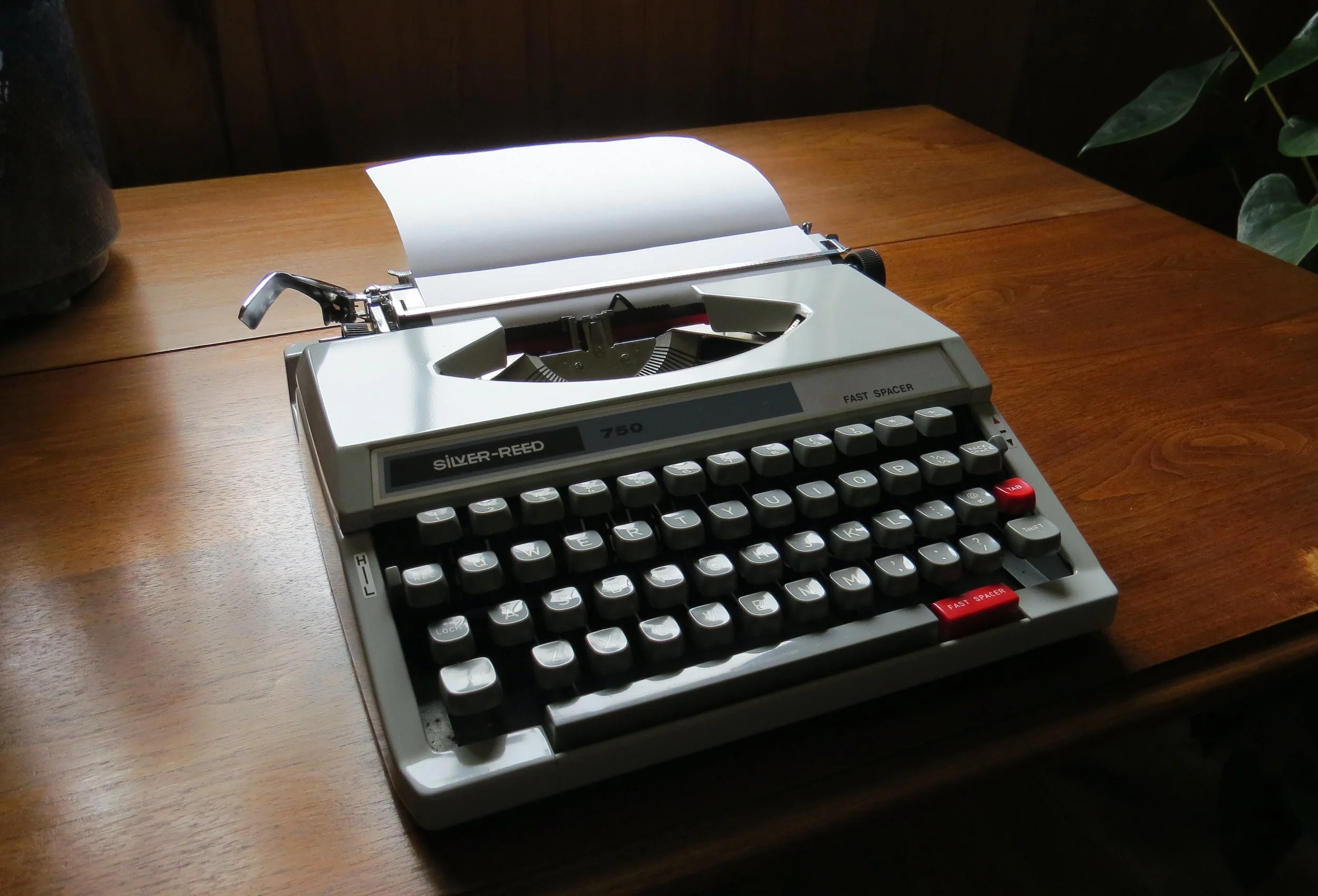Remember Your Readers
I had already spent a month in the company of the dreaded blank page, and now this.
“I’ve lost the unity of the piece,” I admitted to a friend. “It feels unconnected.” I made a face that implied this writing obstacle also had a terrible smell. “I’ve written lots, but my subject has sprawled. It’s a mess.”
We sat lounging under her backyard gazebo, admiring the gardens while chatting about a play she’d directed and my latest writing piece. I filled her in on the topic of my story and where it had taken me thus far.
She considered and then asked, “Who are your readers? Who do you expect to read your story, and how will it connect with them?”
Immediately, I could see where my essay had drifted from my original intent. I had lost sight of my readers. My story ambled amongst memories that meant something to me, but perhaps not to my readers. Worse, some of my anecdotes and references might not be understood by a younger reader. I needed to keep readers interested, but I didn’t want to lose them in the wilderness of my reverie. At this point in my writing drafts, I’d led them though the woods and around the pond a few times. I’d gotten us lost.
In the past, when my children had book reports to write, I advised them to envision their grandmother on the phone with them. “Summarize the book and characters like you were describing them to her,” I coached them. “Remember, she hasn’t read the book. She doesn’t know who the main character is or what the main events are. Tell her what the book is about, who the main characters are, and what the conflict is. Tell her about the events related to those things. And, don’t keep her on the phone for an hour. Be clear, but be brief.”
As with imaginary Grandma, it may be a one-sided conversation, but if you can imagine a specific person or group of persons who will read your work, you will stay on topic and gain parameters for content, language, and presentation. Your target audience is a guideline for what you need to explain and what you don’t — what details you’ll include and what can be omitted. Your audience influences the words you will use. Are you writing for academics? Cinephiles? Will terms like red herring or film noir populate your work? Will you include Latin phrases? Finally, your audience influences how you will tell your story. What writing style will you employ? What format?
Some years ago, my mom shared with me a one-year diary she had written in college. You may be thinking, “Ah ha! A diary has no audience. She wrote that journal for herself.” Exactly. Her future self was her intended audience. Consequently, the journal is conversational, brimming with her youthful exuberance. It’s a time capsule of her 20-year-old self, and the entries are shaped by the events, settings, and emotions she wanted to remember.
When you write, keep your readers in mind. Doing so propels you to put pen to paper and defeat the dreaded blank page. It motivates you. It gives you focus. It makes your story relatable. Every writing project has a destination. Your readership determines how you should go about getting there — the route you’ll take and what you’ll pack for the journey.
